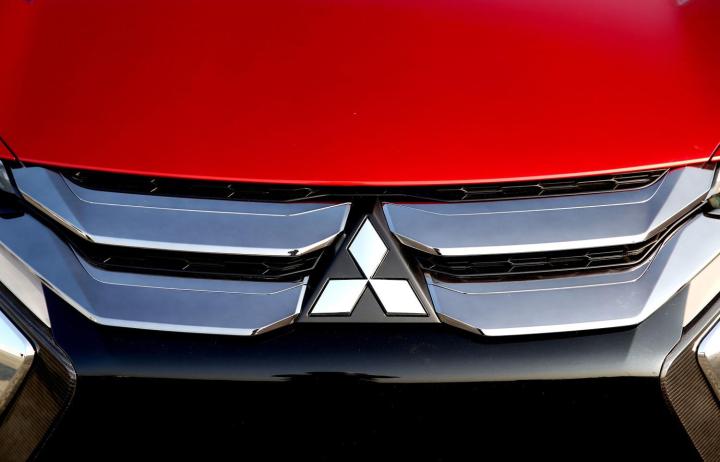
Mitsubishi has admitted that it manipulated test data on 620,000 cars in Japan produced over the last three years, and that it asserted the cars were more fuel efficient than they actually were. The tests overstated fuel economy by 5 to 10 percent, according to Bloomberg. The discrepancy was discovered by Nissan, which was supplied 468,000 of the affected cars by Mitsubishi.
The scandal only affects models sold in Japan, including the Mitsubishi eK Wagon and eK Space, and the Nissan Dayz and Dayz Roox. The Nissan models are re-badged versions of the Mitsubishi eK. All affected models are “kei” cars, tiny vehicles that are incredibly popular in Japan because of low tax and insurance rates.
Mitsubishi said it tested these vehicles using tire and air resistance rates that yielded better fuel economy than the rates called for in the testing procedure. Mitsubishi President Tetsuro Aikawa said this was “intentional,” and a company statement said an investigation is underway to find out who specifically is responsible.
In most countries including Japan, governments don’t have the resources to test all new cars for fuel economy. Instead, carmakers run the tests themselves according to strict rules set by regulatory agencies. In addition, cars are typically tested while stationary on device called a dynamometer in a laboratory setting, rather than on an actual road or track. This means resistance from aerodynamic drag must be factored into fuel-economy calculations separately.
In the U.S., discrepancies in testing procedures were behind an overstatement in fuel economy by Hyundai and Kia on 13 2011-2013 models. The Korean carmaker subsequently blamed ambiguity in the rules related to a “coast down” test, which is used to determine the amount of aerodynamic drag. The jointly-operated companies were subsequently fined $300 million (the largest fine of its kind to date), and ordered to pay $395 million in reparations to customers.
Mitsubishi likely faces fines from the Japanese government for the current incident, and has already said it will have to pay back tax rebates for the “cheater” cars. The company’s share price also fell 15 percent after the news broke. If Mitsubishi simply overstated fuel economy, though, it won’t have to come up with a way to modify cars in order to make them comply with regulations, as Volkswagen is struggling to do.
Yet unlike Volkswagen, which is likely big enough to weather the diesel scandal, Mitsubishi’s car division is in a much more precarious position. It’s struggling in foreign markets like the U.S., so a scandal like this one could do severe damage.


